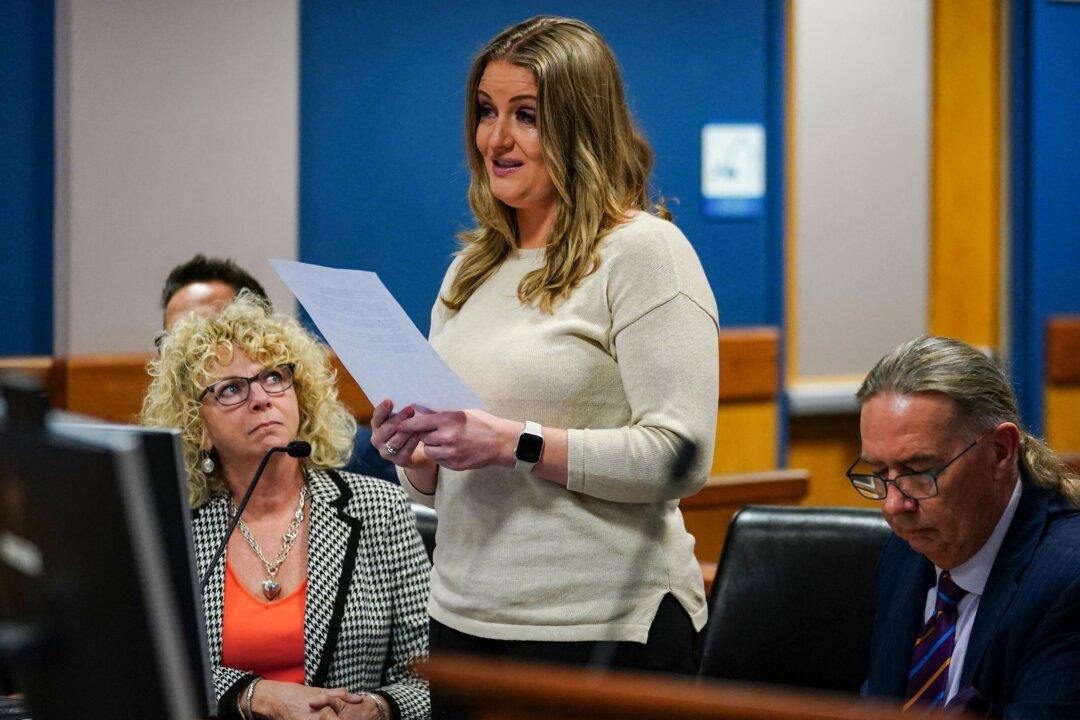The flurry of plea deals handed out by prosecutors in the case against former President Donald Trump in Georgia will speed up the trial and lock in testimony unfavorable to him, though it remains unlikely the trial could be squeezed in before the 2024 election, according to a former federal prosecutor.
The former president was indicted on Aug. 14 together with 18 others for their efforts to challenge the 2020 election results. Fulton County District Attorney Fani Willis alleged that the defendants engaged in a racketeering conspiracy to disrupt and delay the counting of electoral votes.





